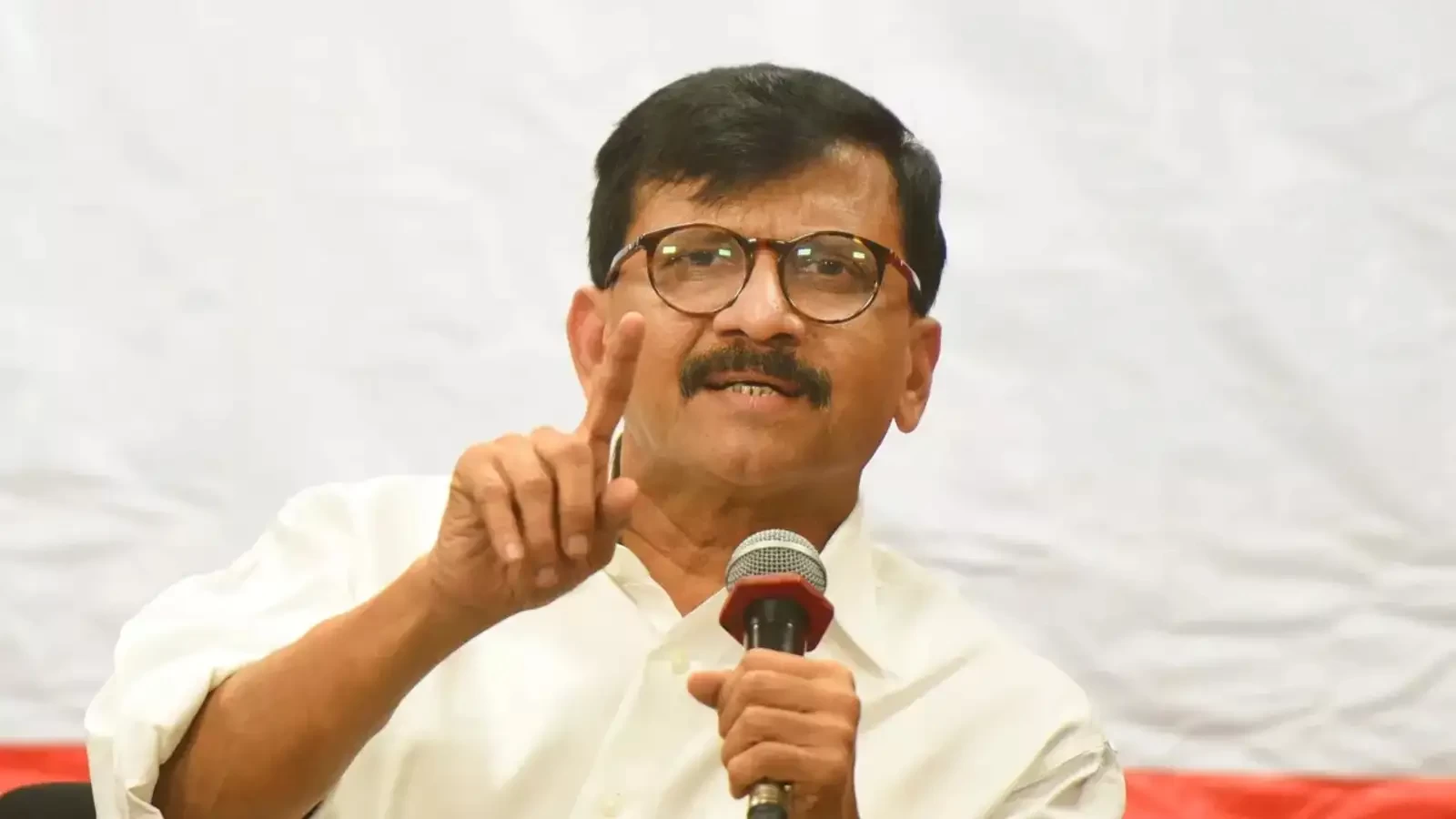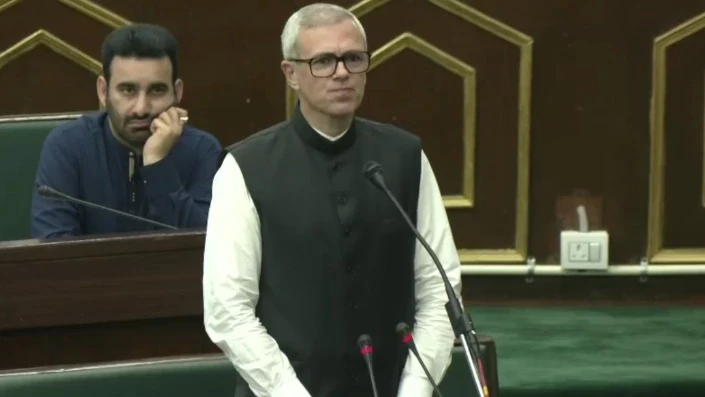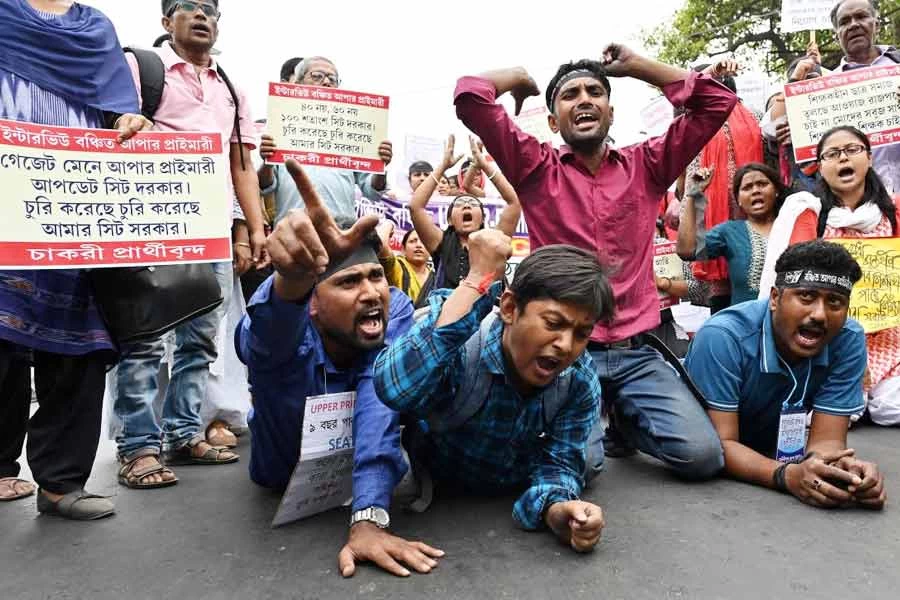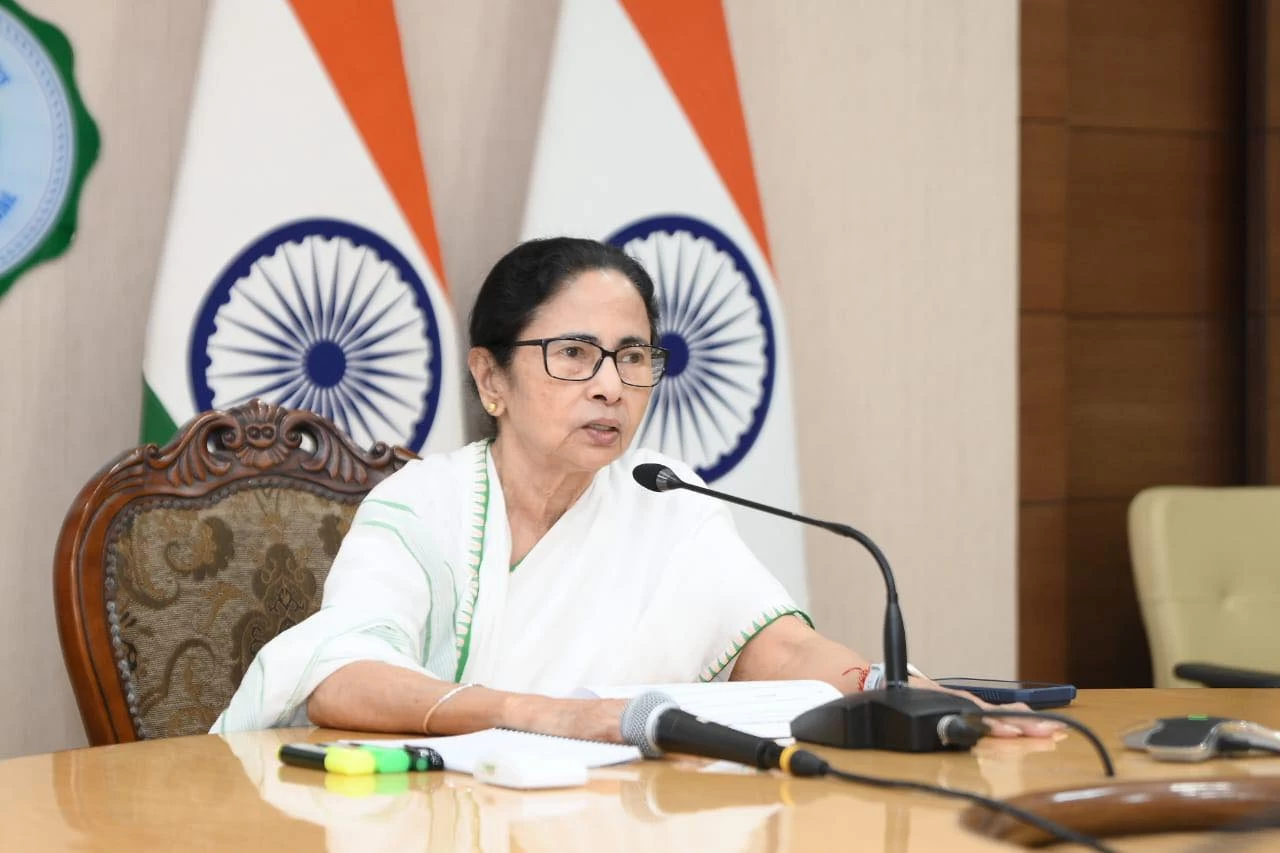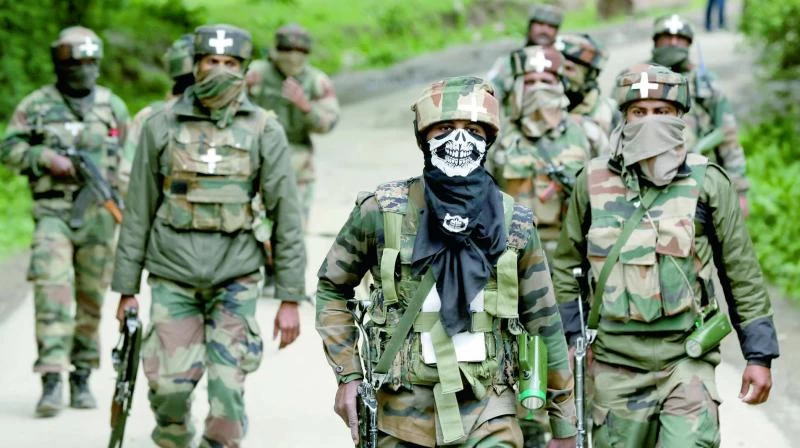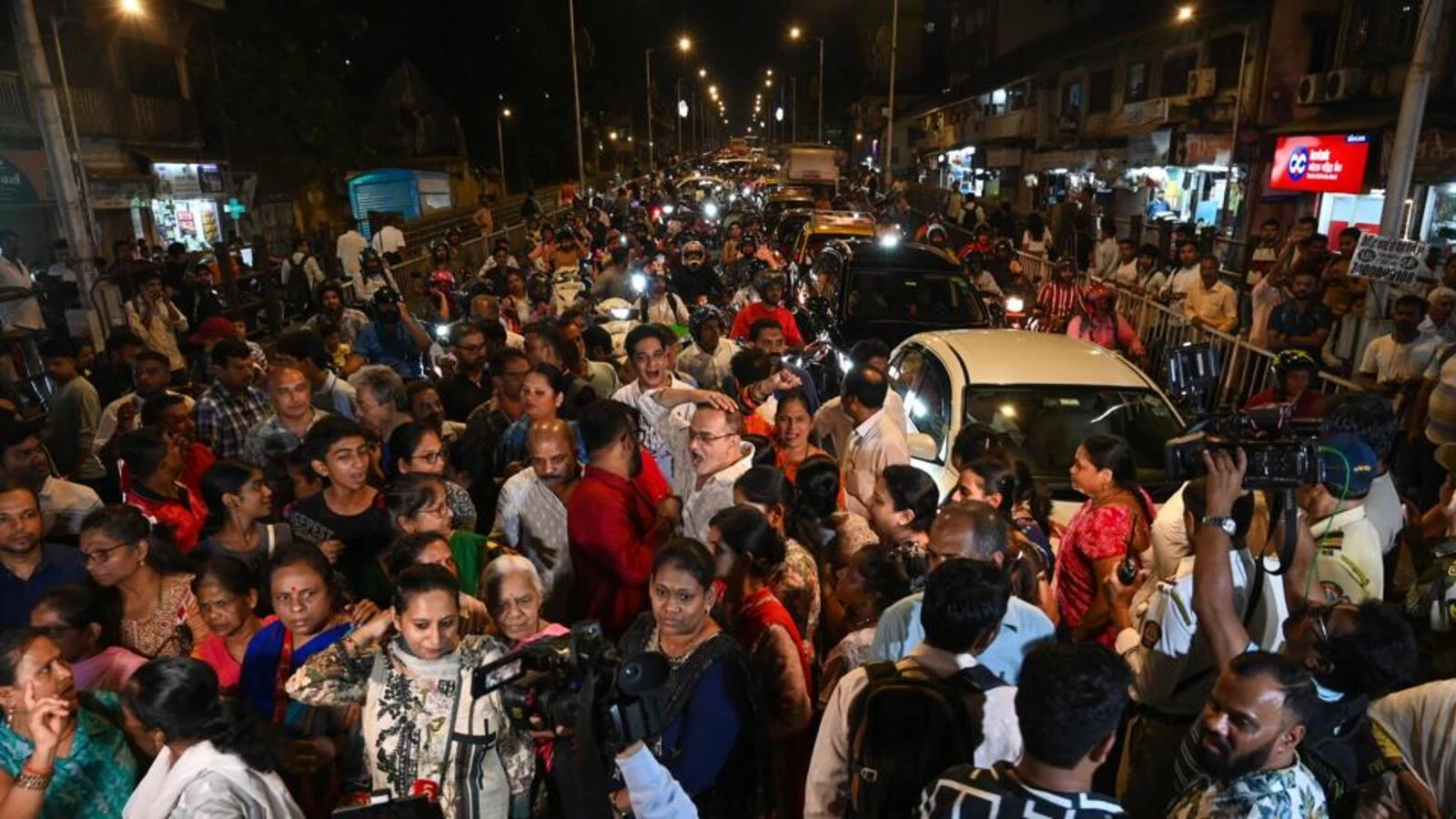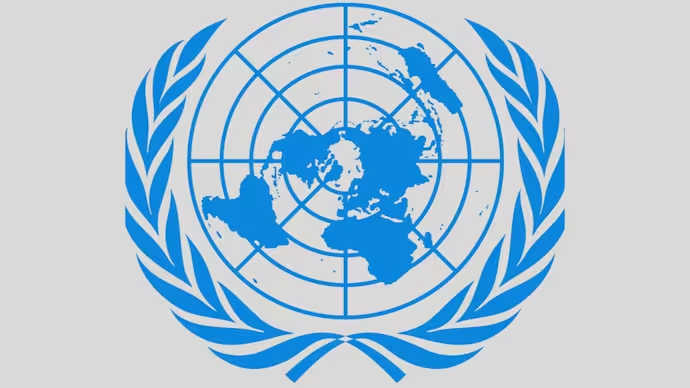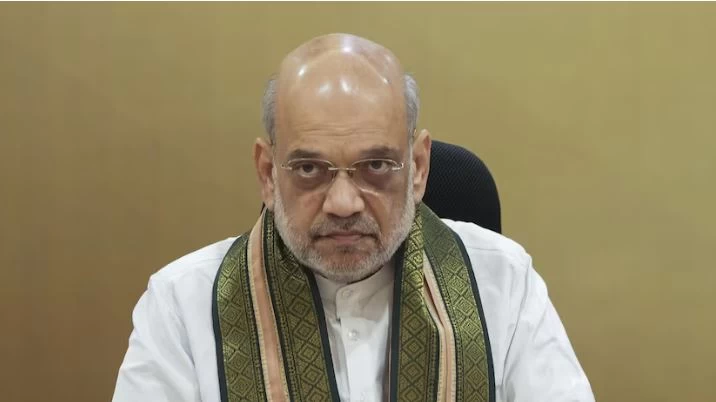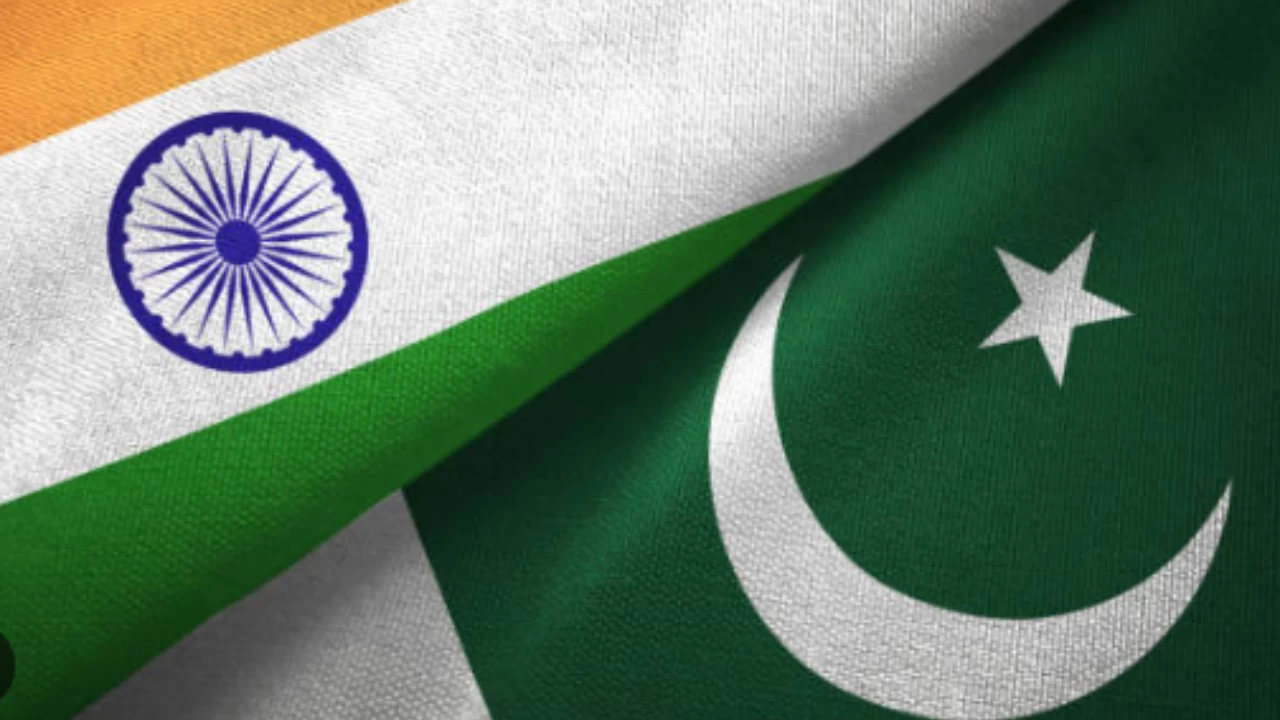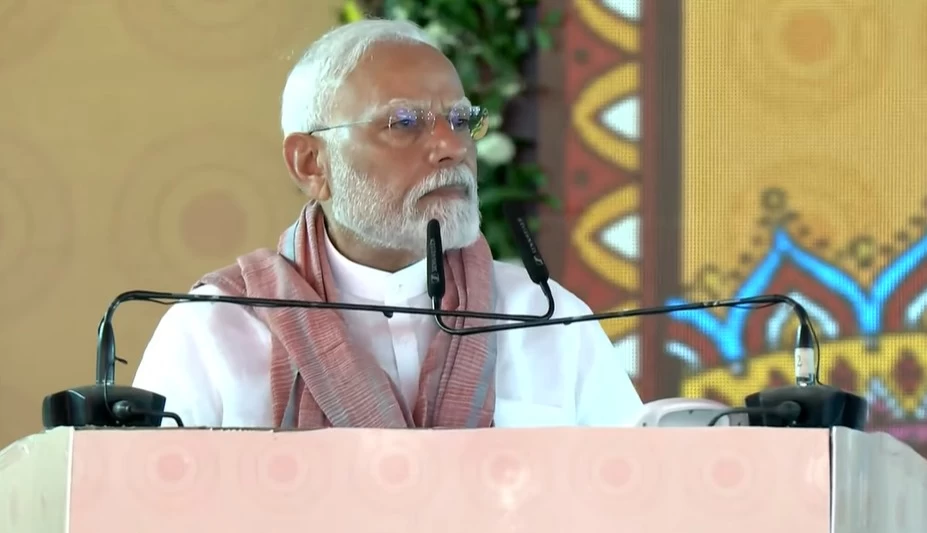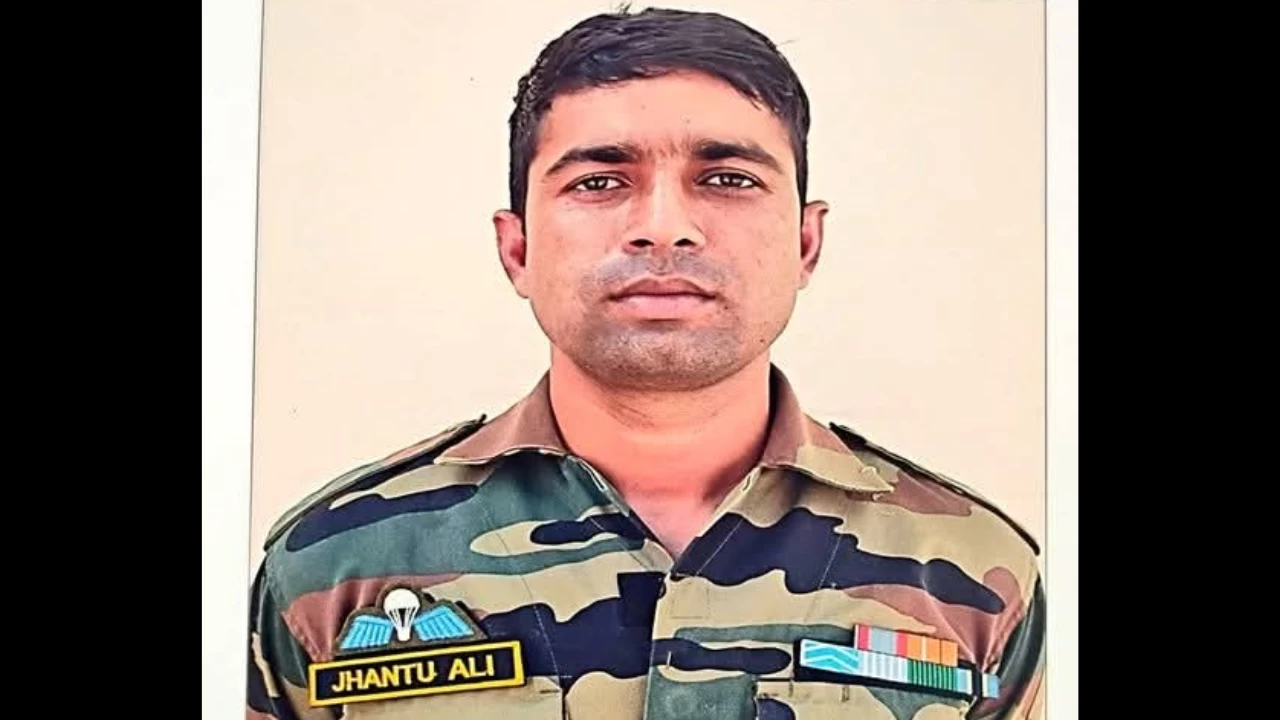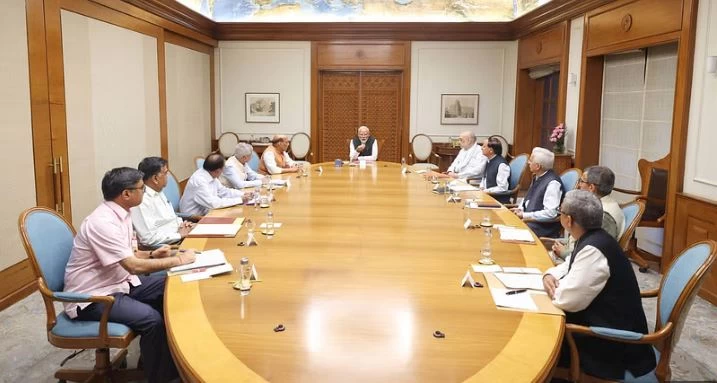Latest Updates
Bangladesh Protests: Violence Claims 98 Lives as Protesters Demand Prime Minister's Resignation
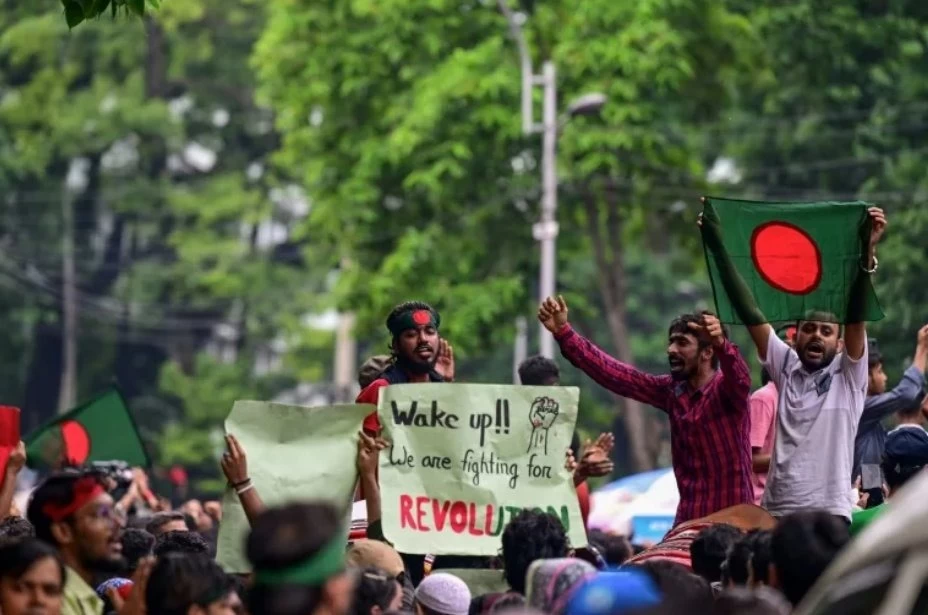
At least 98 people, including 14 policemen, were killed in Bangladesh on Sunday as violent anti-government protests intensified. The clashes, which have raged for three days, saw thousands of demonstrators take to the streets across the country, calling for the resignation of Prime Minister Sheikh Hasina. The violence has resulted in significant casualties and widespread property damage.
The protests, initially sparked by opposition to a quota system for government jobs, have escalated into a broader movement demanding political change and the resignation of incumbent Prime Minister Sheikh Hasina. Demonstrators have voiced their anger not only over the quota issue but also against Hasina’s administration, which they accuse of consolidating power and suppressing dissent. The unrest has drawn support from various societal groups, including celebrities and business leaders.
On Sunday, violent confrontations broke out between protesters and police forces. Security personnel responded with tear gas and rubber bullets, but the clashes continued. The situation has further deteriorated, with protesters attacking police stations, ruling party offices, and government buildings. In Sirajganj, 13 policemen were killed, and a similar fate befell one officer in Comilla. Over 300 police officers have been injured. The violence has not been confined to the capital, Dhaka; it has spread to other regions, with significant clashes reported in Munsiganj, Pabna, and several other districts.
In response to the escalating violence, the Bangladeshi government imposed an indefinite nationwide curfew starting at 6 pm on Sunday and declared a three-day general holiday beginning Monday. Authorities also shut down internet services to curb the spread of information and further unrest.
Prime Minister Hasina has denounced the protesters, labeling them as "terrorists" rather than students, and has called for a firm crackdown on their activities. She convened a high-level security meeting with top military and police officials to address the situation.
The international community has reacted to the crisis, with India advising its nationals to avoid traveling to Bangladesh. The United Nations has condemned the violence and urged all parties to respect human rights and the freedom of peaceful assembly.
The unrest began last month when the Bangladesh high court reinstated a controversial quota system for government jobs, overturning a previous decision to eliminate it. The Supreme Court has since suspended the high court's order and set a date for further hearings, but the protests have continued unabated. This ongoing crisis represents one of the most significant challenges in Sheikh Hasina's lengthy tenure as Prime Minister, with over 300 people having lost their lives since the protests began.




